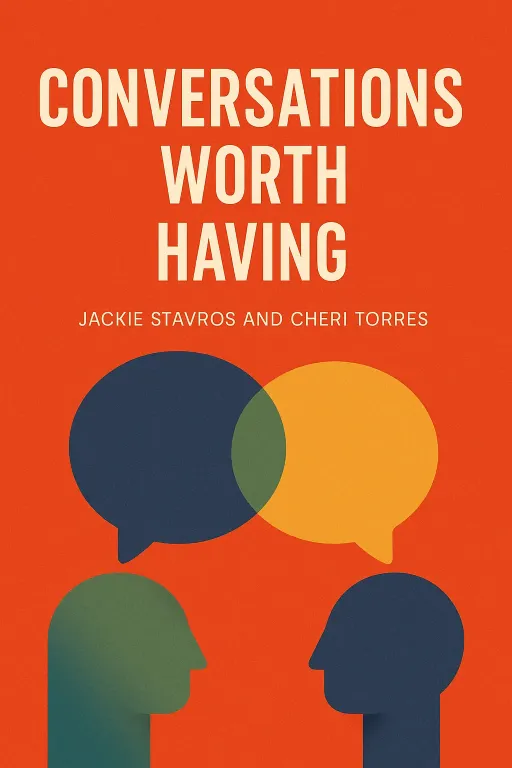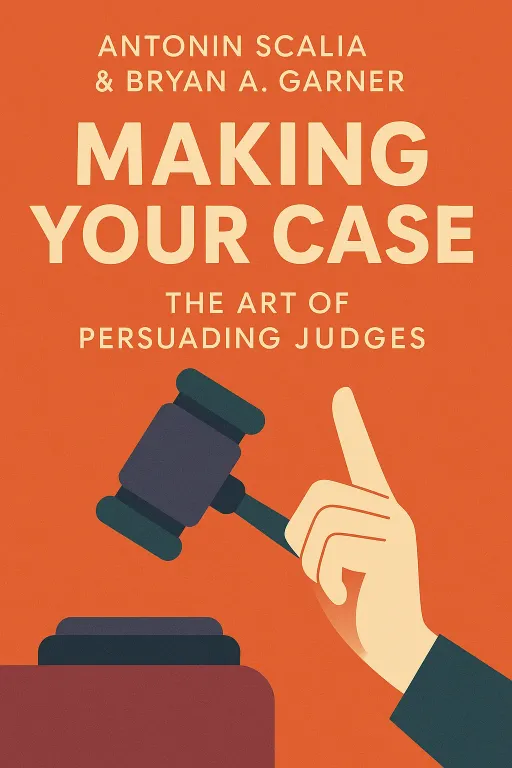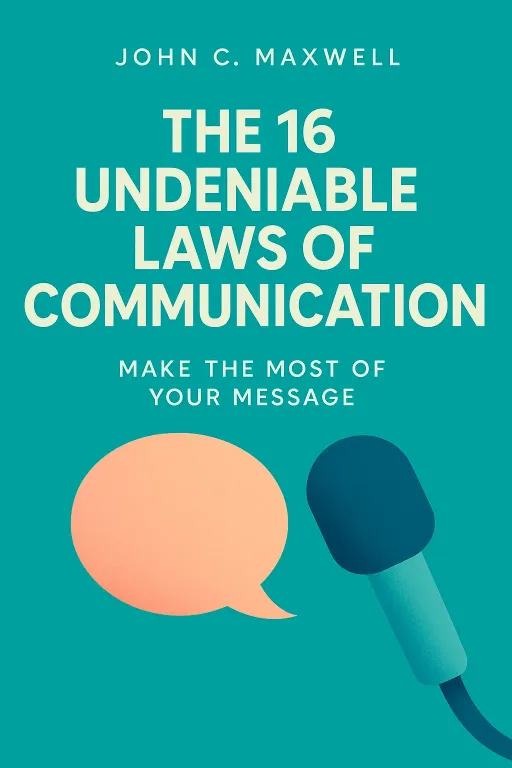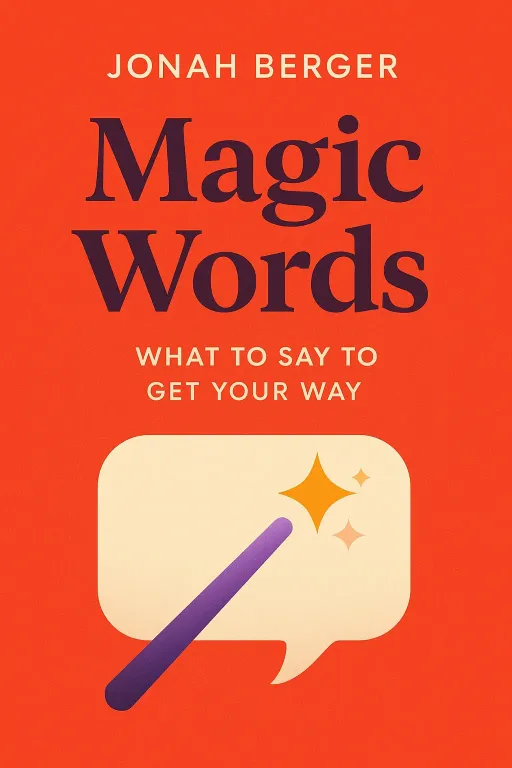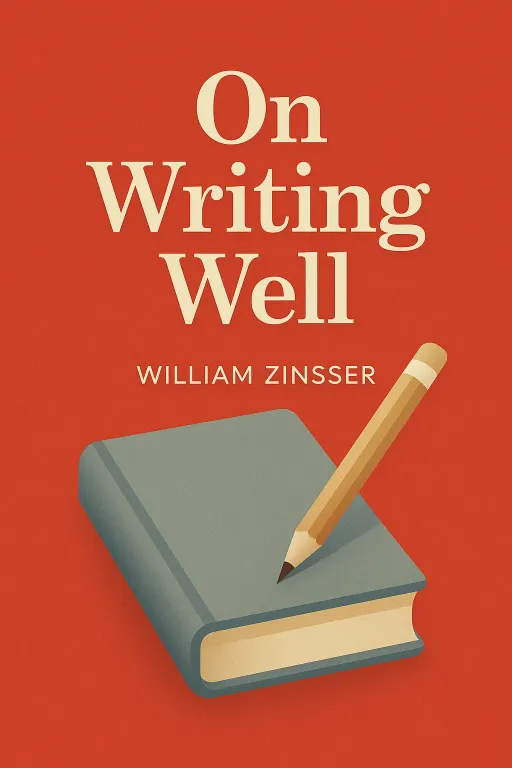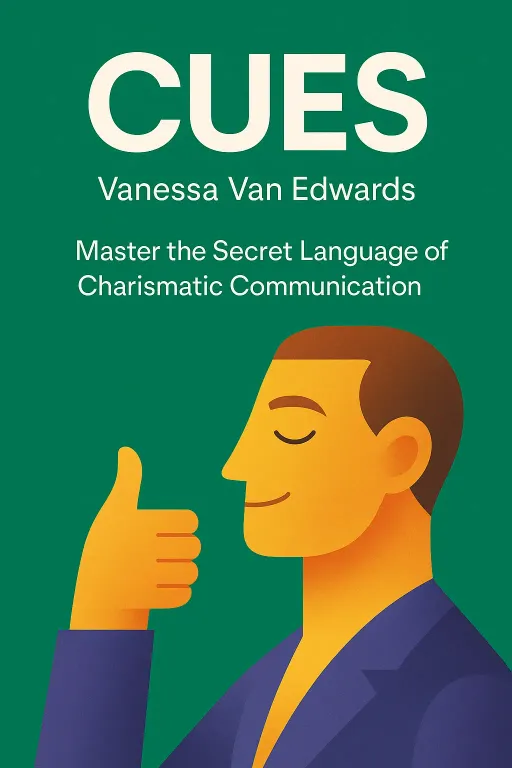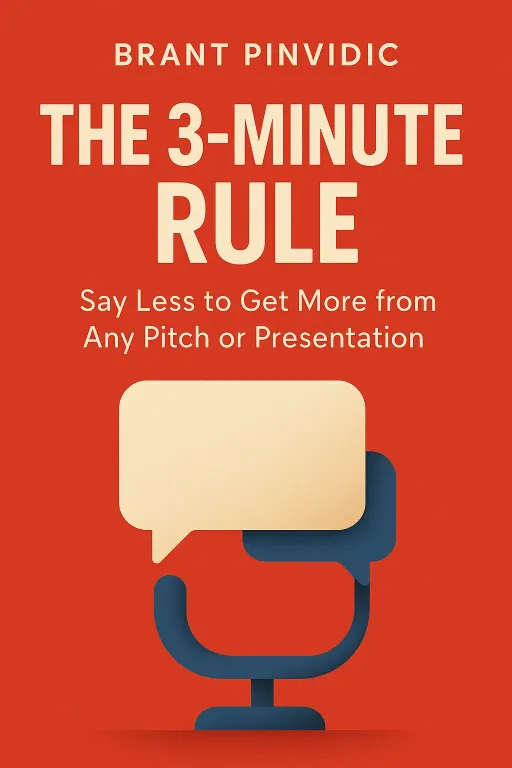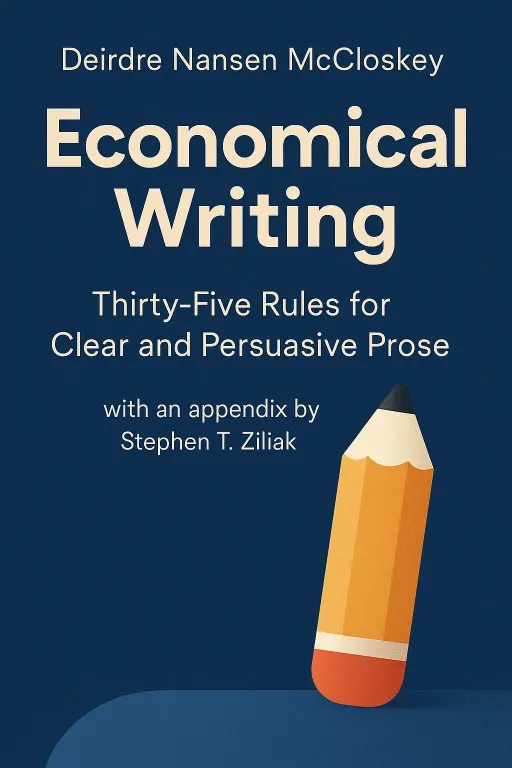
Economical Writing
10 minThirty-Five Rules for Clear and Persuasive Prose
Introduction
Narrator: In a large multinational corporation, a junior analyst named David was tasked with creating a quarterly sales report. His initial draft was a 50-page behemoth, dense with jargon, repetitive data, and convoluted sentences. When his manager, Sarah, reviewed it, she knew it was destined to be ignored by the busy executives it was meant for. She instructed David to revise it, to make every word count. After two weeks of painstaking revision, cutting redundant phrases, streamlining language, and creating clear visuals, David had transformed the document. The new report was only 20 pages, yet it contained all the essential information. The executives praised its clarity, quickly grasped the key insights, and made informed decisions. The entire department adopted this new, concise approach, improving communication and efficiency across the board.
This struggle between dense, unread prose and clear, impactful communication is at the heart of Deirdre Nansen McCloskey’s book, Economical Writing: Thirty-Five Rules for Clear and Persuasive Prose. McCloskey argues that good writing is not a mysterious gift but a learnable trade, one that is essential for success in any field. The book provides a practical, no-nonsense guide to stripping away the unnecessary and making one's words both powerful and persuasive.
Writing is a Craft, Not a Mystical Art
Key Insight 1
Narrator: A common misconception that paralyzes many aspiring writers is the belief that writing is an innate talent. McCloskey dismantles this idea, asserting that writing is a trade, much like carpentry or sewing. It is a skill that can be learned, practiced, and improved through the diligent application of rules and techniques. To illustrate this, she recounts a story about a speaker at a writing conference who compared her writing ability to her mother's skill as a seamstress. Just as her mother knew how to cut fabric "on the bias" to create a graceful swirl, the speaker learned to shape her prose with similar intention and technique.
This perspective is empowering because it reframes writing from an insurmountable challenge into an achievable skill. McCloskey argues that while rules are not infallible, they provide an essential foundation. She points to Winston Churchill’s famous rebuke of a pedantic editor who insisted he never end a sentence with a preposition. Churchill scrawled in the margin, "This is the sort of impertinence up with which I will not put," humorously demonstrating that clarity and natural flow should always trump blind adherence to bad rules. The goal is to learn the rules of the craft so well that one knows when and how to break them for maximum effect.
Writing is Thinking Made Visible
Key Insight 2
Narrator: McCloskey presents a powerful central argument: style and content are inseparable. The common dismissal, "That's just a matter of style," is fundamentally wrong. Ideas are not static objects that are simply transferred from a writer's mind to a reader's. Rather, they are shaped, refined, and even discovered through the very act of writing them down. As McCloskey puts it, you can’t split content from style any more than you can separate the yolk and white in a scrambled egg.
This concept is vividly illustrated by the historical example of Galileo Galilei. In the 17th century, the scientific debate over a sun-centered versus an earth-centered universe was raging. While other scientific works on the topic existed, Galileo’s Dialogo proved uniquely persuasive. He wrote not in scholarly Latin, but in elegant, accessible Italian, using a conversational dialogue format. It was the "mere" lucidity and elegance of his writing—his style—that swayed public opinion and made the heliocentric model comprehensible and compelling to a wider audience. The act of writing is a process of discovery, a way to uncover the flaws and strengths in one's own arguments.
The Audience is the Arbiter of Clarity
Key Insight 3
Narrator: Economical writing is, at its core, an act of respect for the reader. The primary goal is not just to write so the reader can understand, but, as an ancient Roman professor advised, to write so the reader cannot possibly misunderstand. McCloskey shares a poignant story of meeting a young, bright engineer on a plane who confessed that he had given up reading books because he always got lost in the paragraphs and assumed he had a mental deficiency. The problem, McCloskey argues, was not with the engineer, but with the writers who failed to make their prose clear.
To achieve this clarity, a writer must control their tone and write for a specific, human audience. McCloskey advises writers to imagine a particular reader and maintain a consistent tone and level of difficulty for that person. This prevents the writing from becoming a self-indulgent exercise and instead transforms it into a genuine conversation. The philosopher Karl Popper adopted this principle, stating he would never defend anything he had written against the accusation that it was unclear. If a conscientious reader found a passage confusing, it was the writer's duty to rewrite it.
Purge the Unnecessary to Reveal the Essential
Key Insight 4
Narrator: Much of what passes for academic and professional writing is filled with what McCloskey calls "boilerplate"—prefabricated, predictable, and boring prose. This includes throat-clearing introductions like "This paper will discuss...," pointless jargon, and "elegant variation," the amateurish habit of using different words for the same concept out of a misplaced fear of repetition.
She provides a stark example from an academic paper on economic development, where the author used "industrialization," "growing structural differentiation," "economic and social development," "economic growth," and "revolutionized means of production" all within two pages to refer to the same basic idea. This forces the reader to do the unnecessary work of deducing that these different phrases all mean the same thing, obscuring the argument rather than clarifying it. McCloskey’s rule is simple: use one word to mean one thing. Purposeful repetition is not a flaw; it is a powerful tool for creating coherence and clarity.
The Power of the Verb and the Concrete Noun
Key Insight 5
Narrator: To give writing vigor and directness, McCloskey champions the use of strong, active verbs. A common writing sin is "nominalization," or turning a verb into a noun. This buries the action and often results in weak, passive sentences. For instance, a sentence like, "There is a data reanalysis need," is flabby and abstract. By finding the hidden action and turning it back into a verb, the sentence becomes a direct and powerful command: "We must reanalyze our data."
This principle is tied to the broader rule to "be concrete." Abstract language forces the reader to work harder. Instead of writing, "Had capital and labor in 1860 embodied the same technology used in 1780," McCloskey suggests a more concrete version: "Had the machines and men of 1860 embodied the same knowledge of how to spin cotton or move cargo as in 1780..." By using specific, tangible examples like spinning cotton and moving cargo, the abstract concept of "technology" becomes vivid and immediately understandable.
Revision is a Process of Listening
Key Insight 6
Narrator: The final, and perhaps most crucial, stage of writing is revision, and the most powerful tool for revision is the human ear. McCloskey insists that writers must read their work out loud. This simple act reveals the sins that the eye glides over: awkward rhythms, clunky phrasing, unintentional rhymes, and sentences that are simply too long to be spoken in a single breath.
An anecdote about the French novelist Gustave Flaubert perfectly captures this devotion to the sound of prose. When friends invited him to the country for a weekend, he declined, saying he was working. On Saturday, they saw him remove a comma from a sentence. When they returned on Sunday, they asked about his progress. He replied, "I put the comma back in." This meticulous attention to the smallest details of punctuation and rhythm is what separates mediocre writing from great prose. Developing a "shockproof bullshit detector," as Hemingway called it, means learning to listen to one's own writing and having the courage to fix what sounds wrong.
Conclusion
Narrator: The single most important takeaway from Economical Writing is that clarity is an ethical matter. Bad writing is not just a stylistic failure; it is a moral one. It wastes the reader's time, obscures the truth, and can lead to poor decisions in business, science, and public policy. By treating writing as a craft, focusing on the reader, and ruthlessly cutting what is unnecessary, a writer fulfills an ethical obligation to communicate honestly and effectively.
The book's ultimate challenge is for writers to become their own best editors. This journey from amateur to professional is not about memorizing a list of rules, but about internalizing a mindset of precision, clarity, and respect for the audience. The next time you write an important email or report, try this one simple test before you send it: read it out loud. If you stumble, if it sounds awkward, or if you wouldn't say it that way in a real conversation, then your work is not yet done. That is the first step toward making your words truly count.
